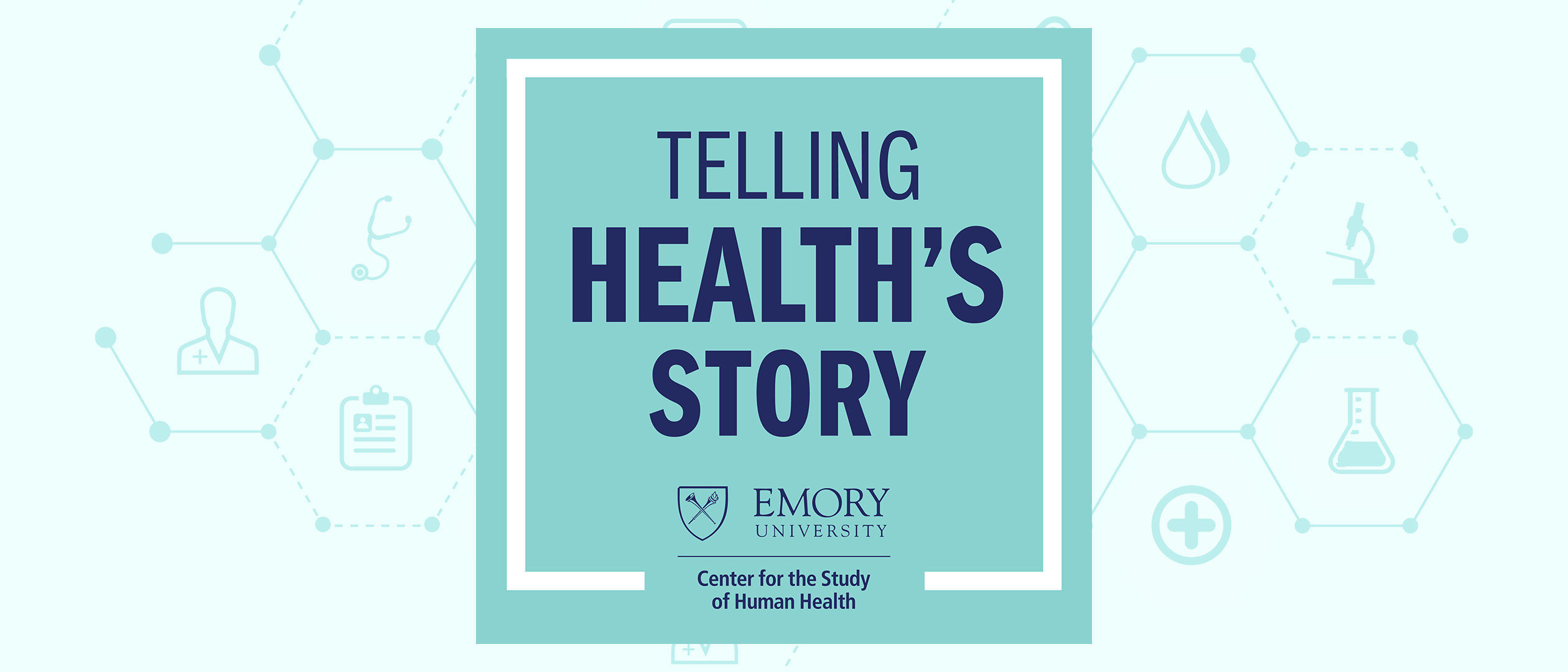Have you ever struggled with your mental health and sought answers for your problems on the internet or social media? If so, this episode is for you, as host Lauryn Palacio dives into the complex practice of self-diagnosis in psychiatry.
Op-ed
The US is Behind: Why We Need the Expansion of Paid Maternity Leave Policies
Defne Levine
Have you ever been pregnant? Do you have children? Has someone you care about given birth and become a new mother? If you answered yes to any of these questions, you’re going to want to recognize the benefits of the expansion of paid maternity leave policies in the United States.
The US deviates from the rest of the developed world when it comes to paid maternity leave. Many women do not qualify for unpaid leave, much less paid leave, and young, single women and women from minority groups are unlikely to take leave without a paid leave policy.
Paid maternity leave is provided to new mothers in 178 countries (as of 2016) but not in the United States. The US is one of the only developed countries without paid leave policies determined at the federal level. Only eight US states and the District of Columbia have paid leave policies. While the Family Medical Leave Act (FMLA) allows for a 12-week unpaid, job-protected leave, 40% of women do not qualify for it. One in ten women experience postpartum depression and research indicates that paid maternity leave may help reduce negative health outcomes for new mothers.
Paid maternity leave policies in the United States should be expanded, as they have the potential to improve the mental health of new mothers and reduce some of the challenges of having a new baby. Women are valuable contributors to the economy and should not feel that having a child will jeopardize their careers. However, the reality is that women face challenges as pregnancy may result in sacrificing employment, income, and insurance coverage. Paid maternity leave can help support the careers of women around the country and reduce stress and depression that new mothers may experience. Any policy measures to reduce discrimination on the basis of sex should be considered. Emerging research shows the successes of paid leave policies such as the policy in California, and the risks poor work environments establish for postpartum depression.
The maternal mental health impacts of California’s paid family leave policy — the first paid leave policy in the nation, implemented in 2004 are explored in a recent study, published July 2020 in Social Science & Medicine. The article outlines the ways this policy has resulted in health improvements, especially for disadvantaged mothers. The study examines mothers with infants in each National Health Interview Survey wave from 2000-2010 to consider how California’s paid family leave policy impacts maternal postpartum psychological distress. The results support expanding paid maternity leave policies as they reduce postpartum depression and improve mental health overall.
“Policies that support longer leaves and certainly paid leaves are supportive of women’s health,” said Dr. Sara Markowitz, an economist and professor at Emory University who studies health behaviors, outcomes and related policy implications. Dr. Markowitz acknowledges the benefits of expanding this policy. The long-term outcomes are undersold as they are even more convincing than short-term ones when considering policy change.
“If women can get on a good footing, during childbirth, and shortly after, in terms of not having to worry about unemployment or being laid off, and having their jobs waiting for them, it relieves a huge amount of stress, which I think contributes to the reductions in depression,” Markowitz said. “Women who take years off for birth tend to be on a much lower income earning trajectory. And that cycles throughout life and even has implications for things like social security and retirement income.”
The connection between maternity leave use and duration with better maternal health outcomes has been shown through studies for several years, though it is still a newer linkage than the connection between maternity leave and improved child health. This relationship, and the availability, use and duration of paid maternity leave, was further examined in a study published in 2017 in the Maternal and Child Health Journal. The link between longer paid maternity leave and lower rates of rehospitalization and positive stress management for mothers is a key finding of this study. By expanding paid leave policies, in other words, more women will be able to take time off from work to engage in stress-reducing activities such as spending time with family or going for walks with their babies. Because many mothers cannot afford to take unpaid time off of work, it is necessary to implement policies that allow women to reap the benefits of maternity leave without the cost of forgoing wages.
“Paid leave policy is one potential way of addressing disparities and narrowing them. What we found in the paper from 2017, is that access to paid leave really differs by not only socioeconomic status but also by race and ethnicity,” said Dr. Judy Jou, one of the authors of the 2017 paper and an assistant professor in the Department of Health Science at California State University, Long Beach.
“Availability of paid leave is really up to the employer. If you have a certain segment of the population that is more likely to be employed in low-income jobs and part-time positions, they’re less likely to have access to this type of leave,” Jou added. “A federal policy would make sure that every person has access to this type of leave that can benefit their health.”
Stress at work can be connected to postpartum depression during maternity leave as examined in a study published in BMC Public Health in October 2020. The study concludes that low wages and work-family conflicts, the conflict between a woman’s role as a mother/caretaker and a person with a career, cause higher levels of stress and burnout, and may be risk factors for postpartum depression. Low wages and work-family conflict may be resolved by providing paid leave and time off as a woman will still receive wages and have time to focus on her role as a new mother without the stress of balancing a full-time job at the same time.
“Having the financial safety net is really important for women,” said Dr. Sarah Blake, a Health Policy and Management professor at the Rollins School of Public Health. “I often see the adverse effects of women who have no income after pregnancy, who have no health care coverage. Without a financial safety net, they really can’t get the kind of care that they need, and it’s hard for them to provide for their family if their income all of a sudden is zero.”
The known benefits may make you wonder if paid leave policy can help improve health outcomes, why doesn’t the US have it? There are people who oppose expanding this policy because of the costs and as Markowitz explained, the issue of cross-subsidizing. For example, men do not give birth but would pay to support these programs even though they aren’t the direct beneficiaries. Furthermore, the old would be subsidizing the young, meaning that elderly people who have already had children or will not have children would be paying for a policy that serves the younger population. If society can overcome the need for their funds to directly benefit themselves, then implementing paid maternity leave policies will help reduce gender discrimination, socio-demographic disparities, and postpartum depression.
Paid maternity leave can reduce the risk for rehospitalization and mental health issues for new mothers. It can also help combat some of the risk factors for postpartum depression that are a result of poor working environments. The great potential for paid maternity to support mothers as they embark on the challenges of raising a child cannot be ignored. Especially today, during the global pandemic, more issues stand in the way of this policy implementation. Budgets are being cut across the country, and unemployment is high. Markowitz is concerned that with high rates of unemployment, employers may find ways to lay off those seeking maternity leave.
“Now it is illegal, but unless you can prove it, they could do massive layoffs that includes whole swaths of people and then hire back certain people,” she said. “In general, this pandemic has been devastating for the moms who do have to care for children. Everyone is sympathetic to it, but they’re not willing to make that a priority.”
Jou added: “Everybody is born, so something like paid maternity leave, or paid family leave, affects everybody… If parents are able to spend the first few months taking care of their children, that’s a huge benefit to the development of children.”
Policies that assist women up to the point of delivery abandon them afterward, Blake points out. “We care about them during pregnancy, we give them sufficient resources, but we don’t really think about them after they’ve delivered their infants,” she said. “That’s another reason why we really need paid maternity leave.”
Supporting new mothers must be prioritized. Conducting more research will lead to developments that can propel these policies forward. Expanding maternity leave not only benefits new mothers, but it has a positive impact on everybody. It is now a waiting game for more states to pass laws but being aware of the potential benefits is valuable as is supporting the expansion of paid maternity leave.
Student Highlight: Defne Levine, from New York City, graduated from Emory University in May 2021 with a major in Human Health and a minor in Economics. She is an incoming MPH candidate at the Yale School of Public Health in the Department of Social and Behavioral Sciences and plans to complete a concentration in Global Health. Her interests within public health include maternal and child health, and global health program design, monitoring and evaluation. She wrote this piece for HLTH 385W in Fall 2020 while a senior at Emory.

